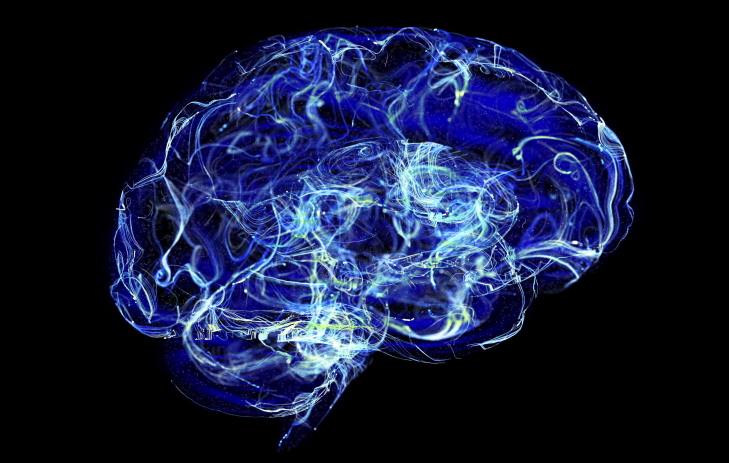How the Brain of a Knowledgeable Person Works
Recent research using diffusion MRI scans has shown that the brain of a knowledgeable person is connected more efficiently. The more knowledge a person accumulates, the better the different areas of their brain are connected—and vice versa. Scientists suggest that a well-structured brain helps manage complex, fragmented knowledge and integrate it effectively.
Is Intelligence Visible in the Brain?
Can a person’s intelligence be seen in their brain? If so, how does it manifest? According to some studies, brain volume and anatomical structure play an important role. Other researchers believe that specific brain activity is a more significant factor in mental abilities. In other words, the brains of intelligent people may be more efficiently connected. However, these findings mostly relate to what’s called fluid intelligence—the ability to learn new things and identify relationships.
What About Knowledge?
Already learned and retained information—also known as crystallized intelligence—is another crucial part of our intellect. “We can measure a person’s general knowledge, and this knowledge base is a key factor in shaping an individual’s life path. However, we still know very little about the connection between knowledge and brain properties,” says Erhan Genc from Ruhr University Bochum.
Genc and his colleagues set out to investigate this issue. They analyzed 324 men and women using a special form of magnetic resonance imaging called diffusion MRI. This technique allows researchers to reconstruct nerve fiber processes and gain insight into the brain’s structural connections. Using mathematical calculations, the scientists determined the efficiency of these connections and compared them with the results of tests measuring the participants’ general knowledge.
Brain Connections Revealed by Diffusion MRI
The results showed that the level of knowledge is closely linked to the structural connections in the brain—regardless of age or gender. People with a greater wealth of knowledge had especially efficient brain connections, and the reverse was also true.
The functional connectivity of the brain not only determines how successfully we learn and remember new information, but also makes it easier to use that information later. “We believe that individual pieces of knowledge are scattered throughout the brain as partial information,” explains Erhan Genc. “To gather and effectively use information stored in different brain regions, efficient connections are necessary.”
What does this mean in practice? For example, to answer the question of which constants are present in Einstein’s theory of relativity, you need to combine the concept of a “constant” with your knowledge of what the theory of relativity is. “We assume that efficient structural connections in the brain lead to better integration of fragmented information and, as a result, higher scores on general knowledge tests,” the researchers conclude.



